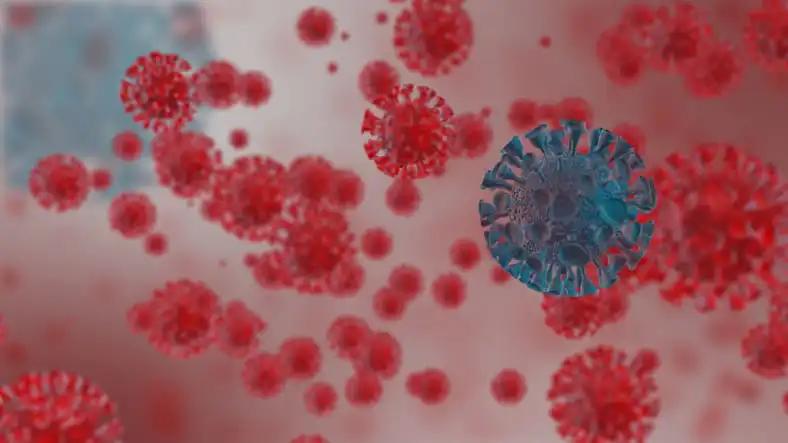KEY TAKEAWAYS
- The phase I study determined the safety and effectiveness of TraditionCART and InstanCART in r/r MM.
- The study’s primary objectives were safety and toxicity, and the secondary endpoints were efficacy and pharmacokinetic profile.
- InstanCART demonstrated comparable safety and efficacy to TraditionCART in treating r/r MM, with a more promising pharmacokinetic profile.
While CAR-T cell therapy has been a breakthrough for treating relapsed or refractory multiple myeloma (r/r MM), challenges such as tumor recurrence, lengthy production times, limited manufacturing capabilities, and high costs persist. Using the traditional autologous CAR-T production method (TraditionCART), a 9-14 day production span contributes to over three weeks of vein-to-vein time, elevated costs, and the risk of disease progression during this period.
A fourth-generation BCMA CAR-T cell was developed to address these issues using an Instant Manufacturing Platform known as InstanCART. This approach aimed to expedite the production cycle and enhance T-cell functionality. Preliminary studies indicated that InstanCART contained a higher proportion of low-differentiated T cells and displayed superior, long-lasting antitumor effects compared to TraditionCART.
A phase 1 trial assessed the safety and effectiveness of TraditionCART and InstanCART in treating r/r MM. Patients (pts) were either administered TraditionCART at a dosage of 1×106/kg CAR-T cells or InstanCART at 2×107 T cells. Primary endpoints were safety and toxicity, while secondary endpoints included efficacy and pharmacokinetics. CAR-T cell expansion in pts was measured via flow cytometry.
By May 2023, a total of 22 pts had completed at least a one-month follow-up after receiving CAR-T cell infusions; 15 were part of the TraditionCART cohort, and 7 were in the InstanCART group. Neither group experienced ≥grade 3 neurotoxicity or cytokine release syndromes (CRS). In the TraditionCART group, 80% of pts (12 out of 15) experienced low-grade CRS, and 7% (1 out of 15) showed signs of neurotoxicity. This group also had severe adverse events such as thrombocytopenia in 60%, neutropenia in 93%, anemia in 67%, elevated creatinine levels in 7%, increased hepatic enzymes in 13%, and sepsis in 7%. On the other hand, all pts in the InstanCART group (7 out of 7) developed low-grade CRS, and 14% (1 out of 7) experienced neurotoxicity. This cohort also faced severe adverse events like thrombocytopenia in 86%, neutropenia in 86%, anemia in 29%, and elevated hepatic enzymes in 43%.
The overall response rate (ORR) for TraditionCART stood at 93%, comprising various levels of cancer response. Conversely, InstanCART achieved an ORR of 100%, with a variety of response stages. Pharmacokinetic measures, specifically peak concentration (Cmax) and area under the curve (AUC0-28d) were substantially higher for InstanCART compared to TraditionCART. However, the two treatment methods found no significant differences in progression-free or overall survival.
InstanCART demonstrated a well-tolerated and non-inferior efficacy profile and a more promising pharmacokinetic outcome than TraditionCART for r/r MM treatment. The study continued to investigate long-term efficacy.
Source: https://imsannual2023.eventscribe.net/fsPopup.asp?PresentationID=1302359&mode=presInfo
Clinical Trial: https://classic.clinicaltrials.gov/ct2/show/NCT04537442
Liu, H. Phase I Study of BCMA CAR-T Using Instant Manufacturing Platform or Traditional Production Process for Relapsed/Refractory Multiple Myeloma Therapy.



